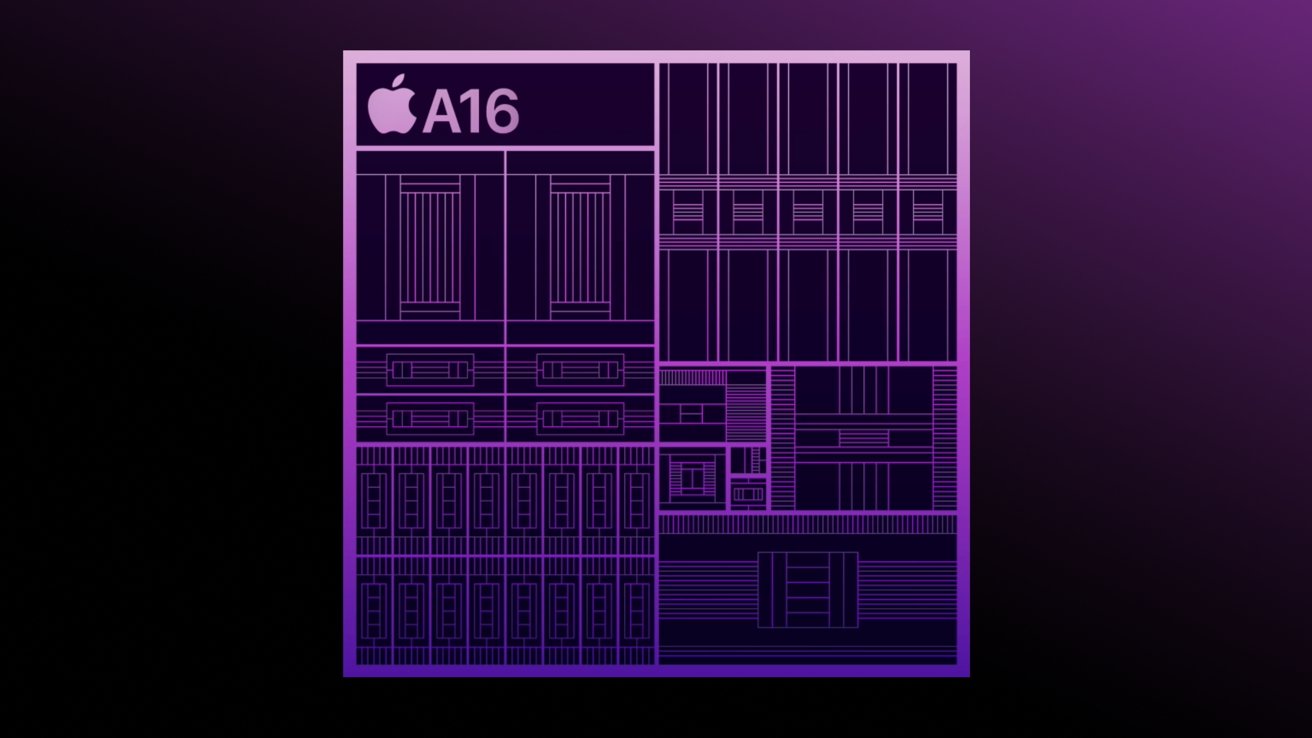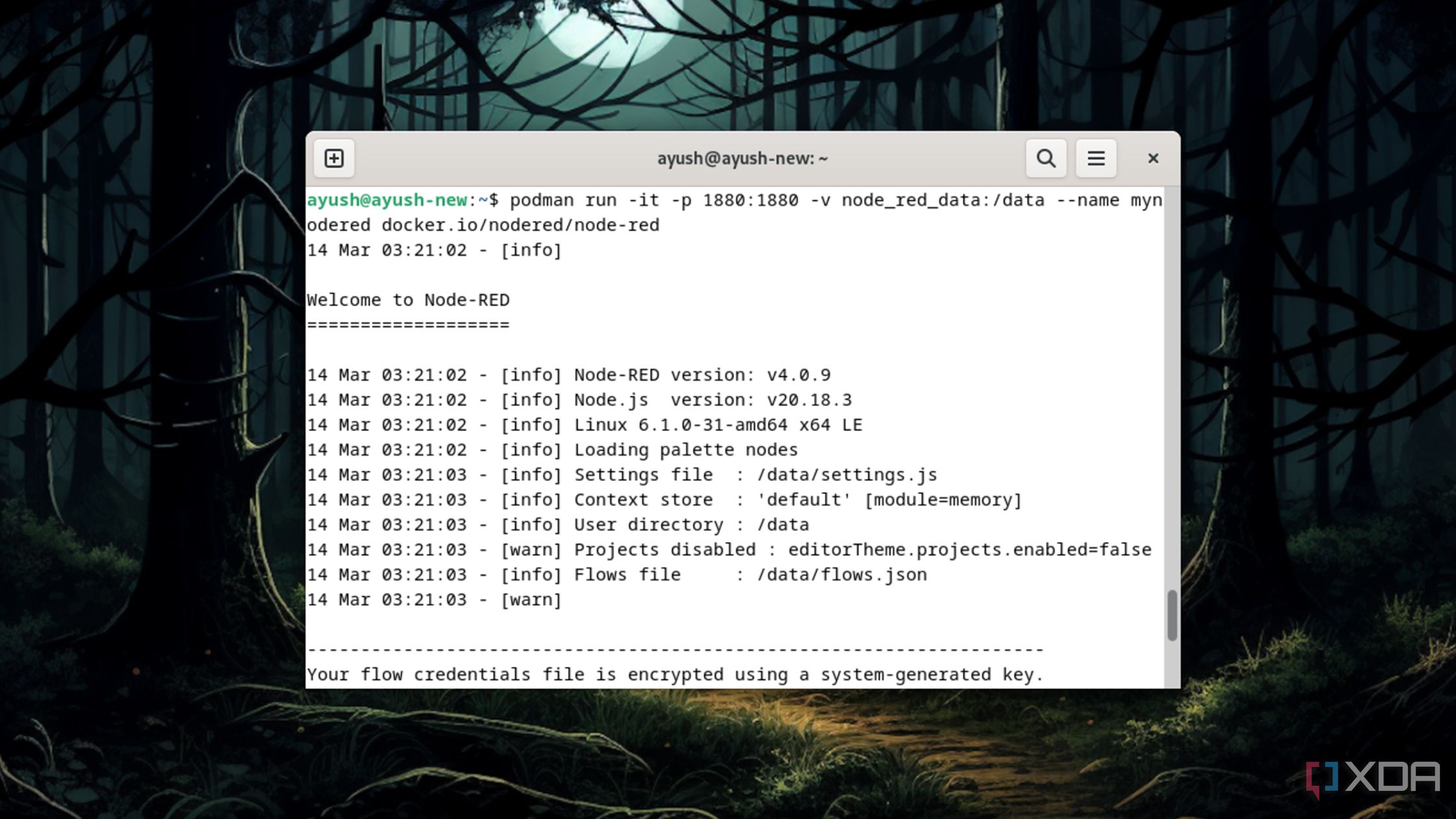What is a dedicated server?
Dedicated servers used to be the most powerful and secure hosting solutions but is there still room for them in 2025

Dedicated hosting used to be the gold standard for the best web hosting. With dedicated hosting you have the entire server to yourself. This means isolated resources that others cannot share or have access to of any kind, giving you security and stability that you cannot find with VPS and shared hosting.
The gold standard has now been replaced with cloud hosting as you get all of the benefits of dedicated hosting but the added bonus of more reliability and pay-as-you-go billing. Still there are scenarios in which the best dedicated hosting is still king.

Inmotion hosting is offering a staggering 50% off its bare metal and managed dedicated servers on a 3-month plan. Offer ends March 31st. Harness the power of the command line with full root access on the $57.50/month Essential Quad-core Xeon server.View Deal
Advantages of a dedicated server
Flat and predictable workloads
Cloud hosting is cost efficient when you need to scale resources for peak and off peak times. This is because you don't own resources that go to waste when your server is not busy. While pay-as-you-go billing is more efficient for these scenarios you're still paying a premium on each unit of compute and storage. If your workloads are stable and predictable then you don't need to pay a premium for scalability. Instead, you can buy exactly what you require and pay a lower rate.
Compliance
Some industries have very high regulatory compliance that need servers to have physical isolation with detailed logs of responsibility. That's not to say that cloud hosting is not secure. Virtualization technology is so advanced that the threat is very slim but there is still the theoretical possibility which is why regulations are in place to mitigate the risks.
Dedicated hosting is still the most secure type of hosting because the resources are not shared at all. There are still vulnerabilities that exist but none that can be related to multiple accounts using the same hardware.
AI & high compute workloads
With cloud computing there is an overhead that is cause by having distributed resources. On a dedicated server the resources are all there in one place and don't need a hypervisor to connect and balance resources. So, if you regularly need to use a lot of compute then dedicated is the best option. If you don't need to use a high amount of resources once or twice then using cloud might be more cost efficient but if your business is often crunching numbers then it might be better off for you to use a dedicated server.

Managed vs unmanaged dedicated servers
Choosing managed vs unmanaged dedicated hosting comes down to your budget, how much expertise you have, and how much time you can dedicated to managing your server.
If you have highly sensitive workloads, for example, you're running operations that are used for finance or your server has important data that needs to be accessible all the time then you may it cheaper to use managed hosting rather than employing staff 24/7.
If you already have staff working around the clock with server knowledge then you can most likely get away with just renting the sever itself and taking care of the management in house.
When to opt for a dedicated server
Choosing a hosting server for your website is an important decision. The correct package will allow your website to perform with the optimal speed and performance with high security.
If you’re a small business, operating on a budget, expect low traffic or erratic traffic, and lack the technical system administrator expertise, a shared hosting server or small cloud server might be better.
With dedicated hosting, you have a lot of power and flexibility to tailor the server to your needs. But this must be done responsibly, to ensure optimum security. Dedicated servers are aimed at users who want to have maximum control over their server deployment and cannot share resources with potentially hundreds of other users.



































































































































